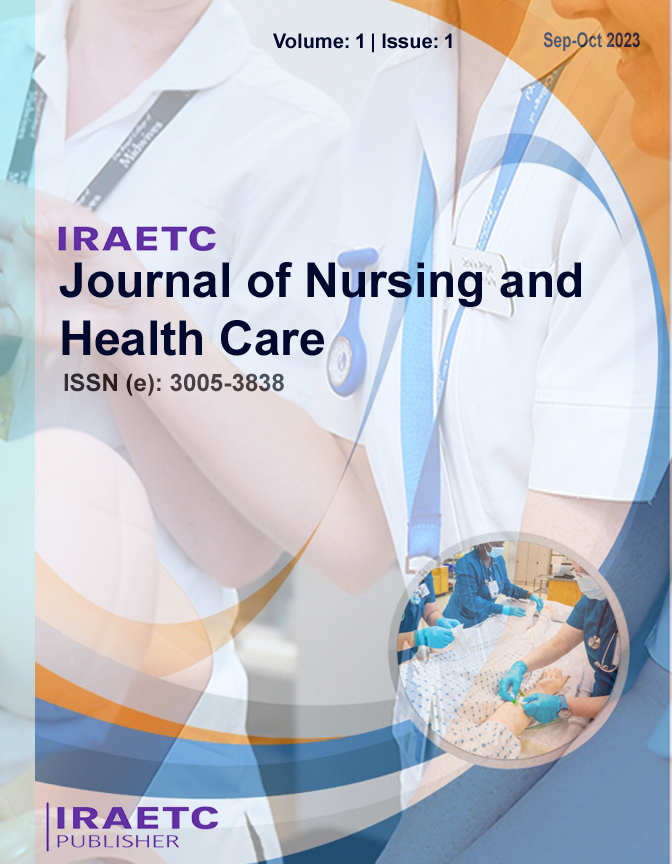| Self-Management Program among Adult Patients with Asthma; A Systematic Review of Evidence-Based Nursing |
| Md. Abul Kalam Azad, Wimolrat Puwarawuttipanit, Orapan Thosingha |
| https://doi.org/10.62469/ijnhc.v02i01.005 |
| Pdf Download |
Asthma remains a significant public health concern, necessitating effective management strategies to mitigate its impact on patient health and well-being. Using the PICO (Population, Intervention, Comparison, Outcome) framework, a systematic review was conducted, sourcing guidelines from various English databases and the Mahidol University library system. Databases, including PubMed, CINAHL, ScienceDirect, were searched for guidelines published from 2001 to 2013. A total of 22 guidelines were retrieved, comprising systematic reviews, randomized control trials (RCTs), and expert opinions. Thirteen studies were meticulously selected for inclusion, based on criteria including reliability, validity, and applicability. Synthesis of the findings underscores the multifaceted nature of self-management interventions, which encompass hospital-based education, group discussions, individualized teaching, and telephonic follow-up. Crucially, these programs should address key facets such as asthma etiology, risk reduction, medication adherence, and regular exercise. Skill development in inhaler techniques, peak flow meter usage, and peak expiratory flow monitoring emerged as pivotal components, augmented by educational materials like videos and booklets. Furthermore, the study advocates for the incorporation of specific outcome measures, including self-management behaviors and hospital readmission rates, to gauge program effectiveness. Importantly, contextual adaptation and integration within clinical practices in Bangladesh are recommended, alongside rigorous evaluation through further research endeavors. This comprehensive review provides invaluable insights into optimizing asthma management through evidence-based self-management programs, thereby fostering improved patient outcomes and healthcare delivery.

